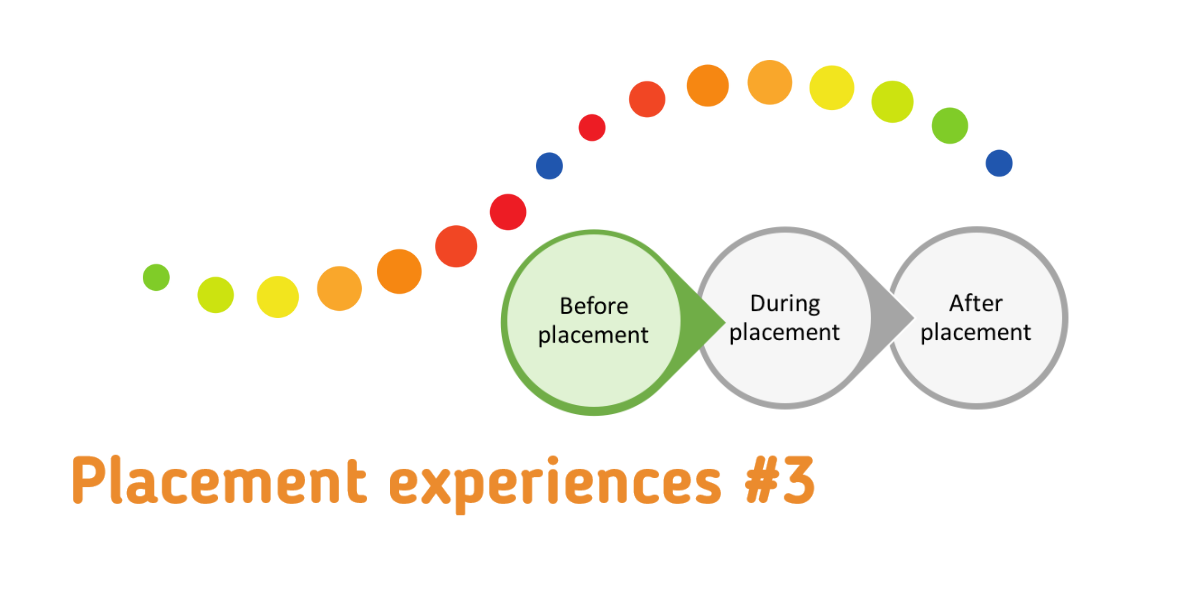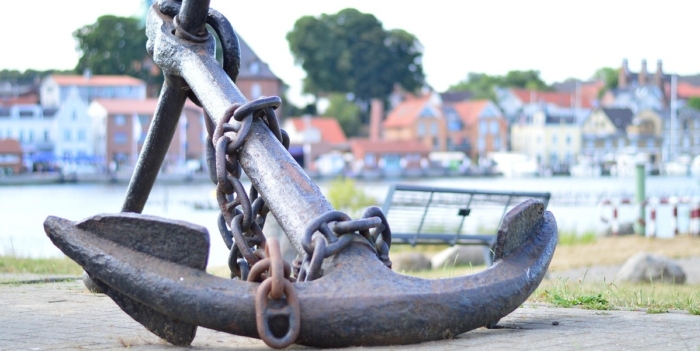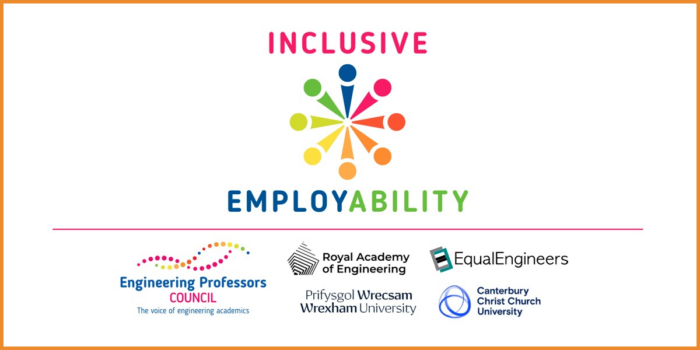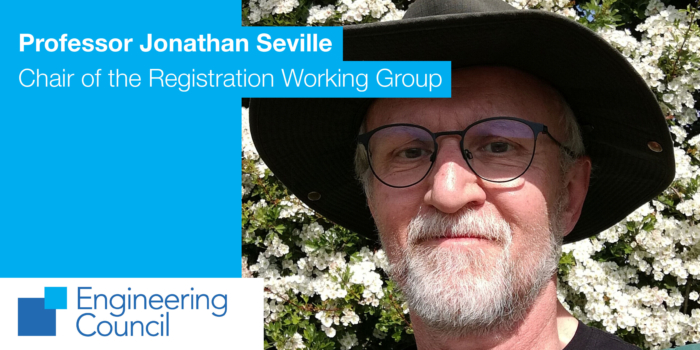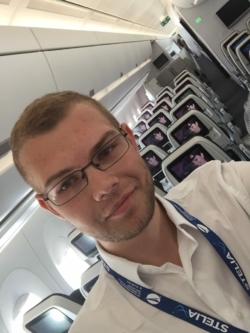
Your Placement Journey Toolkit is designed to support you to get the best from your placement experience. It will help you to think about your placement, looking at your expectations, recognising your own responsibilities alongside those of your university and placement provider.
Aligned with the Engineering Placements Toolkit, designed for education institutions and employers, this toolkit aims to support your placement experience in three key stages: before, during and after placement.
Cristian Balan is an aeronautical engineering undergraduate at University of Salford. He had an exciting one-year placement in Airbus, working both in Germany (Bremen) and France (Toulouse). In his placement Cristian felt he was part of the team and worked in fast-paced projects where he had the opportunity to work not only in research and development departments, but also in production and quality management.
Tell us about what you did during your sandwich year and how did you find it.
I have applied to several placements and I had an offer from a UK company. However, I was referred by a lecturer to Airbus at a German plant and then I had an interview with them and got the job. My placement comprised of 6 months of work in Germany, in Bremen, and other 6 months in France, in Toulouse. I started in an engineering department, where I worked in research and development for The Composite Technology Team, then I got transferred to production to apply further the knowledge developed in the original department.
What did you enjoy the most and the least in your placement?
I think the best part was that I was seen as a team member in the department, mainly due to the high workload and the need for additional help. Upon my arrival, various positions were cut in the department therefore there was a real need for new workforce. From day one I was seen as a new colleague. I enjoyed that a lot because I could develop differently. I had friends in other departments that had basic interns’ responsibilities such as updating Excel spreadsheets, and I think this has an impact on the way you grow within the team as well as a young professional. I was very welcomed there, they appreciated the work I was doing and the feedback was very constructive all the time.
What I didn’t enjoy was the fact that I had to leave! I didn’t like the idea of not being able carry on working on the projects that I have started with the team, but there was no time left in my contract so I had to quickly move on. It is a bit frustrating when you see your work being taken by somebody else. Even in France, I left some projects that needed to be addressed with some final points. But I think it’s always the same when you have to leave from a place you like.
What do you consider to be the 3 most important features of a quality placement?
I think professionalism from the colleagues is one of the most important aspects. I think they need to understand why you are there and try to be less selfish. There are some people who think “Ok, I am a full-time employee, and you are an intern, so I don´t really care about you“. I think it’s really important to have amazing colleagues that understand your role within the team, and luckily enough I had great colleagues.
Secondly, the work itself. I think is very important to discuss with the manager during interviews the work you are going to carry out, because often the job descriptions are very nice and sound amazing, but behind the fancy words there are some weird tasks. So it is important to ensure the transparency of the tasks.
And thirdly, the location. At this age it’s important to be in a nice city, because you need to enjoy your life as well. I had an offer where the company was literally in the middle of the forest, and that’s not a nice placement location.
Has this experience benefited your professional and educational life?
There are a lot of positive aspects. First of all, I think people treat me with more respect. My CV is more credible now, and people call me with a different approach than before. I remember my interviews in the second year, when people were treating the interviews like they were talking to a kid, literally, and just trying to understand why I applied for a particular placement, and why I liked engineering. It has been just one year and a half, but the approach from all the companies that I’ve been in contact with lately is much different. I just had interviews a few weeks ago and I could see the change in their approach, a lot! And I think that’s really great. And also, the job offers are coming more easily, having companies approaching me just days after sending out my CV. From an academic point of view, I received master’s offers very fast as well. I think it benefited a lot and also, personally, I became more organised in many aspects, even with my own thoughts. When I put down a piece of work, I am more technical now than before, trying to avoid just talking for the sake of talking.
What 3 key pieces of advice would you like to share with fellow students?
I think everything starts from day one at university. So on first year you want to build confidence, build your personality and build a profile. I have seen a lot of CV’s during my placement that don’t tell me anything about a person. It’s important to find your strengths and build around them. Try to think outside the box and do extra things all the time. It is not hard to study and get great marks. If you do your work and spend some time studying, you can become very good academically, but then, when it comes to finding the right work, it matters a lot what you do outside your studies as well. So do as many extra-curricular activities you can.
Also, an advantage for me were the foreign languages I speak. I think it’s really important to learn at least a second language. I didn’t speak German beforehand, and when I arrived there I realised that all the technicians wouldn’t speak any English, so I had to boost my German in one month. So language skills and determination in this sense are crucial. Nowadays students around Europe speak three or four languages, and that’s our real competition.
And also try to do any sort of online courses, developing in different areas as well, such as business, economics and maybe international trade. Because all what we are studying in engineering degrees is very theoretical – mathematics and formulas – but it is important to know how all these things get integrated in industry. I know it’s hard to think on all these aspects in second year, when you are looking for a placement, but I believe if you are surrounded by the right people, read the right things and ask the right questions, you can find your own “recipe of success”.
Any views, thoughts, and opinions expressed herein are solely that of the author(s) and do not necessarily reflect the views, opinions, policies, or position of the Engineering Professors’ Council or the Toolkit sponsors and supporters.
